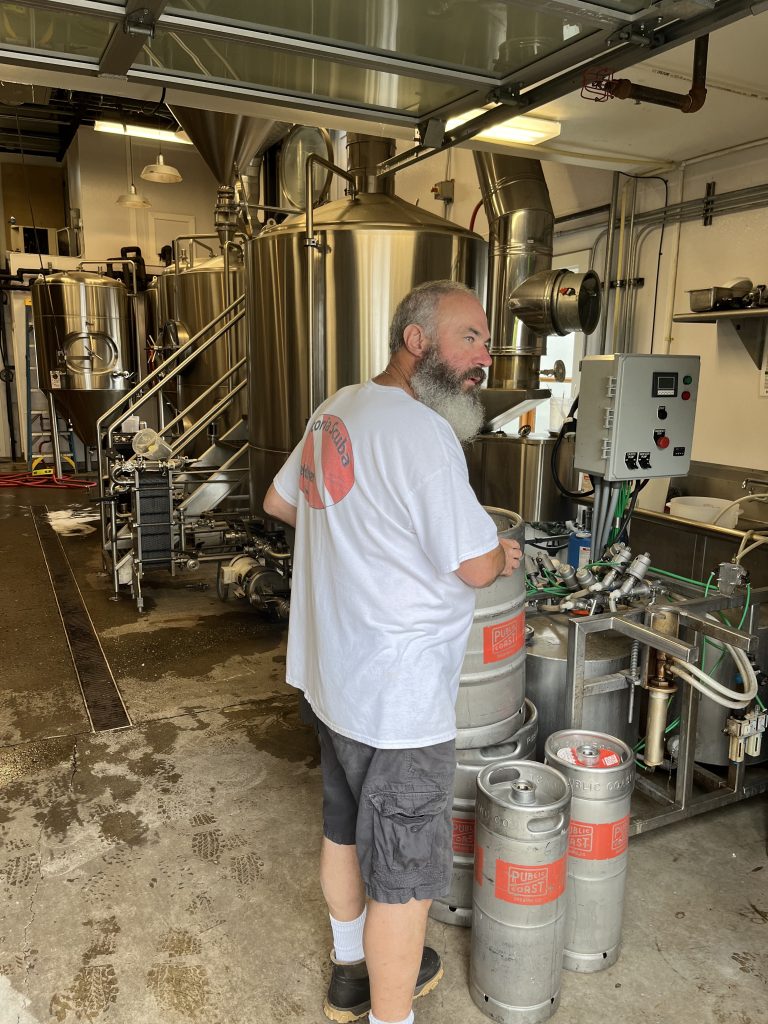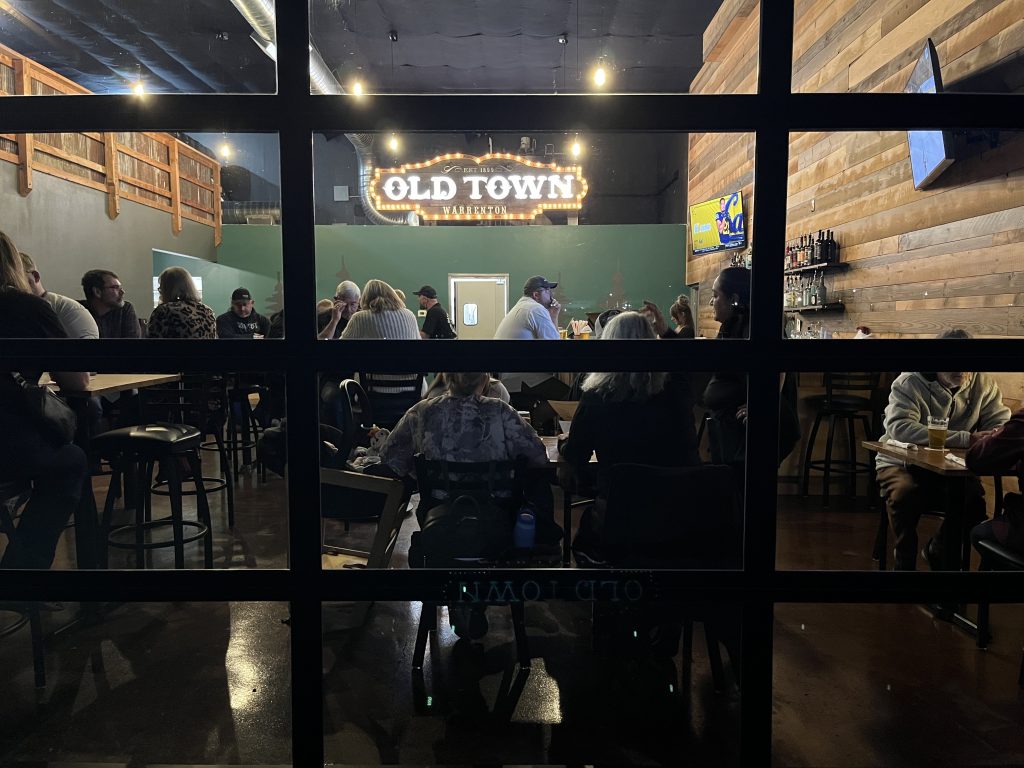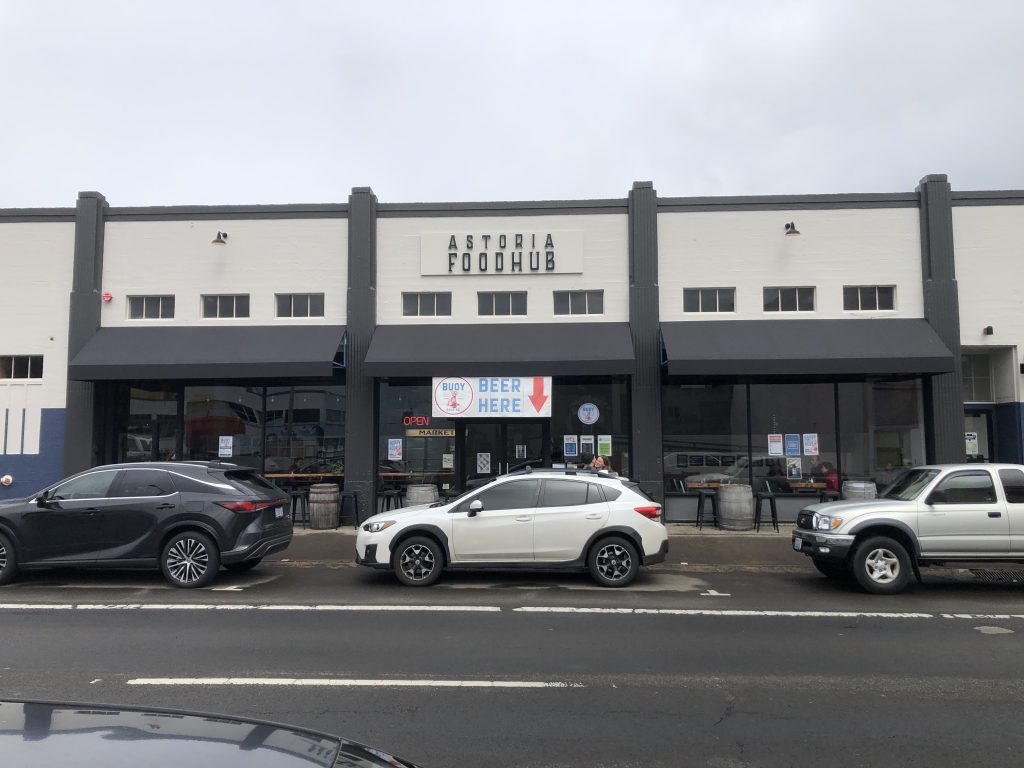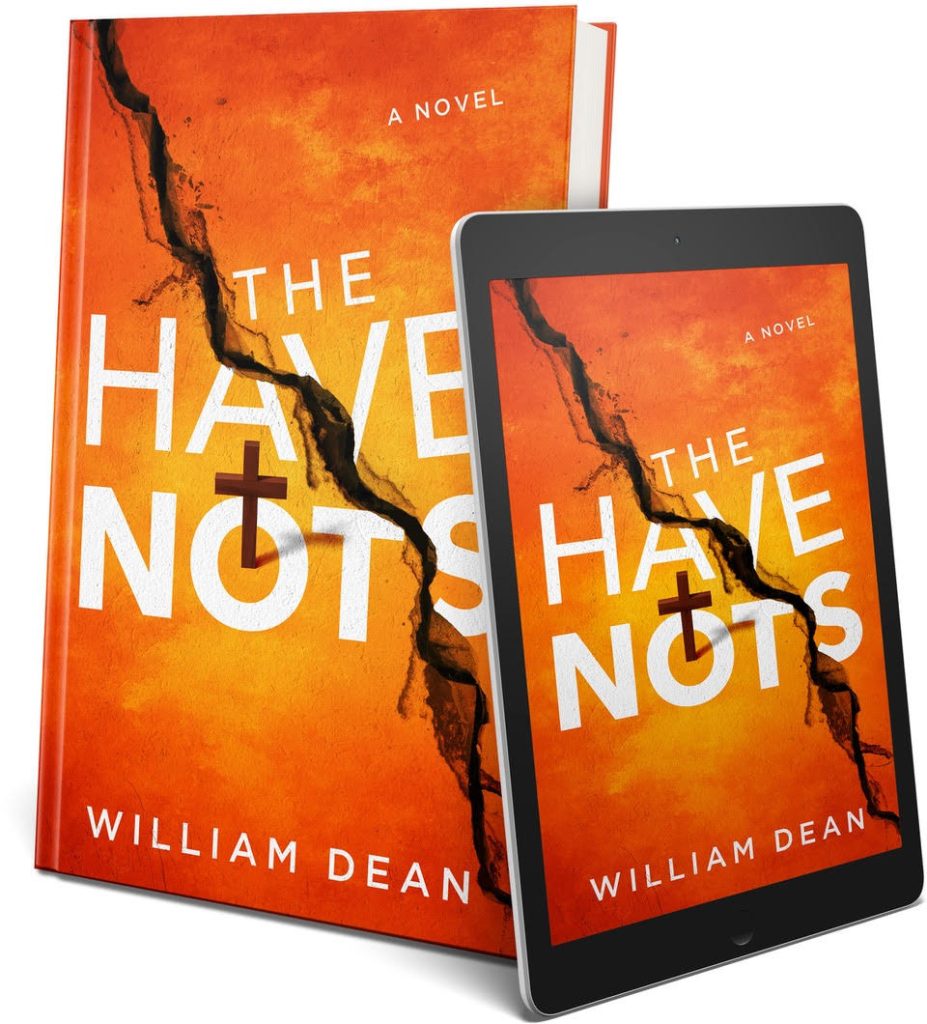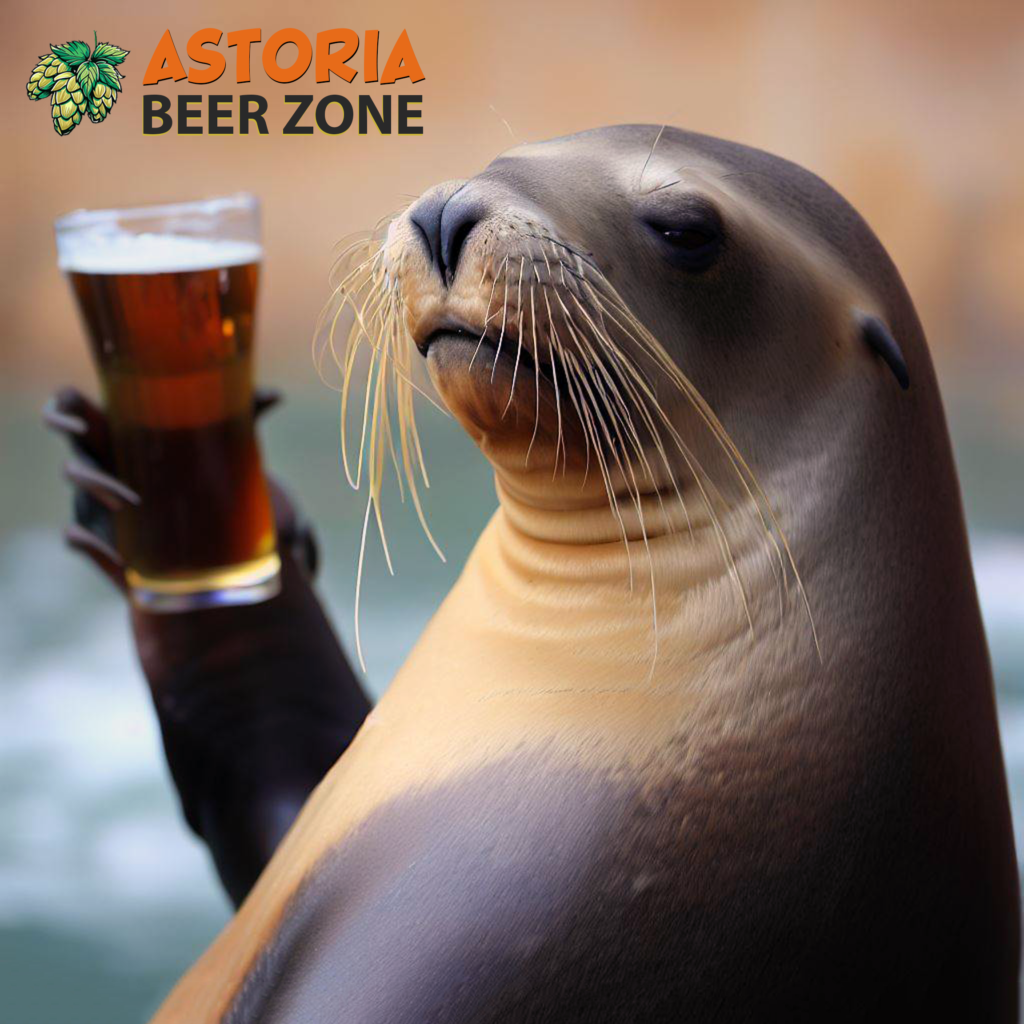Like many professional brewers, Will Leroux learned on the job. He just learned faster than most. He had to.
After a lengthy career as a chef, Leroux faced a daunting challenge in 2016 as the first brewer at Public Coast Brewing Co., which was poised to open in Cannon Beach. (The name’s a nod to the landmark 1967 bill ensuring public access to Oregon’s entire coastline).
Putting finely tuned culinary skills to work, Leroux quickly found his footing. He would snatch gold medals at the World Beer Cup and Oregon Beer Awards for his very first beer: ’67 Blonde Ale. More honors would follow.
Leroux grew up in Arizona but eagerly traded desert heat for the misty forests of the Pacific Northwest. He and his wife have six blended kids.
We recently sat down with him for a wide-ranging Q/A:
Q: Before turning to brewing, you worked in restaurants for some 30 years, most recently in Cannon Beach. How did you get into cooking?
A: I grew up, next to my mom, sitting in a chair in the kitchen. Cooking just came naturally. I knew fractions when I was young because of cups and half-cups, third of a cup. We spent a lot of time in the kitchen together. It was always a good time; always felt comfortable.
So, I just rolled into it. Had a knack for it. … I was a chef for a long, long time. I went up the layers, from sous chef to chef and then corporate chef.
Q: You managed the kitchens of a few local restaurants owned by the Public Coast parent company. What drew you to Cannon Beach?
A: I fell in love with Oregon, the Pacific Northwest. I lived in Arizona as a kid. I always told my mom I didn’t want to live where it was the desert. I wanted to live where there were trees. I came up here, and I was like, yeah, this is where I want to be.
Q: How big of a surprise was it when your boss, Ryan Snyder, told you he was opening a brewery and wanted you to be his brewer?
A: Ryan knew that I always had my hands into different things. … He said to me, ‘Hey, I think you’re the right person. I’m getting ready to open a brewery and want you to learn how to make beer.’
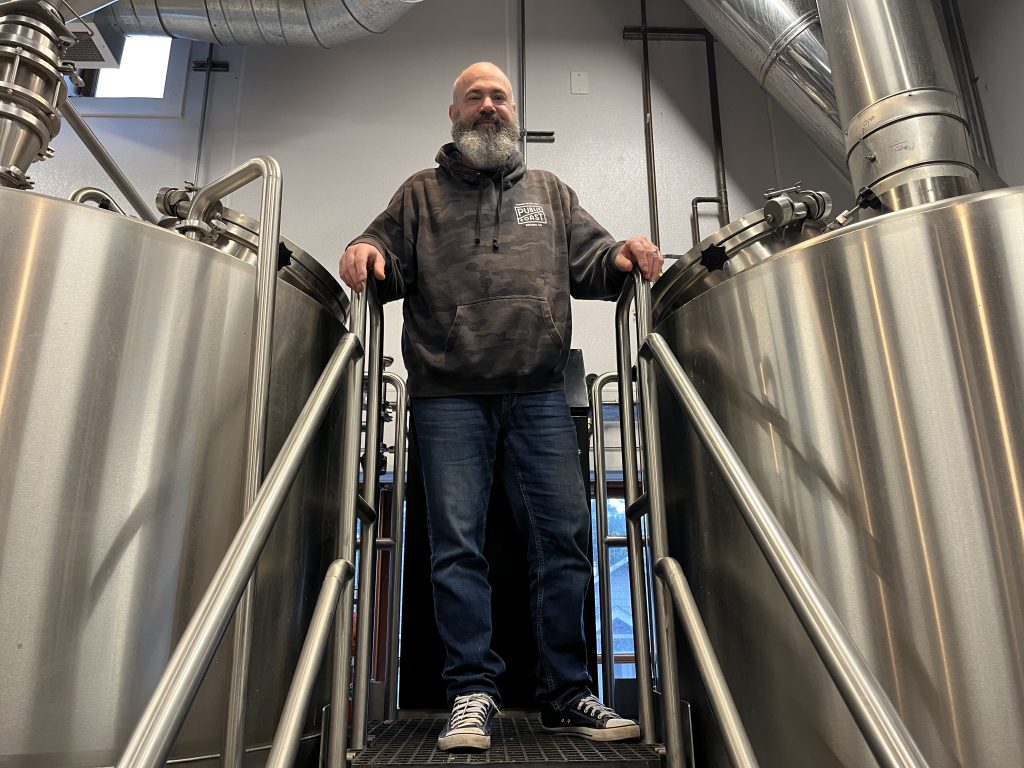
Q: At the time you had no brewing experience?
A: [Laughs] The only fermenting processes I knew involved pickles, sauerkraut and moonshine.
It was interesting, something to learn. My whole life I’ve wanted to learn, figure things out. Build something with my hands.
Q: They had you do a crash course at another brewery followed by some home brewing. How did that go?
A: We had a tasting group try beers that I made. I didn’t do very well. … It wasn’t an oh wow [moment]. It was oh crap. But that’s home brewing.
[At the brewery], I shocked a lot of people because my first few batches were really, really good. We actually won a gold medal from the World Beer Cup.
The Blonde was our first beer. A light ale with a lager hop. The thinking was it was going to be our gateway beer to craft brewing, because at the time so many people in town were drinking Hamm’s, Coors Light, Bud Light and those kind of things. That was an attempt to get them to drink something made in a craft brewery that was light enough for them to be able to tolerate.
Q: When did you get comfortable making beer?
A: Once I’d made a couple and realized my techniques and my equipment were sound, and I understood my equipment. It took a while.
I never think I’m the best brewer in the world. I’m a brewer who makes pretty good juice.
Q: You’ve said that you ‘understand flavors’ because of your culinary background. How did those skills help you with beer recipes?
A: Flavors are flavors. You taste beer the same way you taste food. So, if you understand flavors and food, like what sour does compared to sweet, you’re able to balance those things.
There’s a scientific brewer and then there’s a feel brewer. I really think that we are feel brewers. We understand the science, we get it, but a lot of our stuff is based on flavors and flavor profiles. We’ll play with something until we get it right, especially on our special releases. We’re blessed that we’re allowed to make a good product, and what it costs comes second.
We never R&D. We’ll tweak until it’s something we’re happy with. We don’t do small batches. We pretty much just go for it, flying by the seat of our pants.
Q: You’ve been a mentor to assistant brewer Ben Christianson, who also learned on the job. What’s your relationship like?
A: He loves beer. He has a passion for it, always has. … It’s been fun learning with him. He’s a sponge, picking up stuff.
He’s a flavor guy, too. I’m more technical and I understand it in a little more depth than he does, but he has ideas about flavors. What if we do this? Why can’t we?
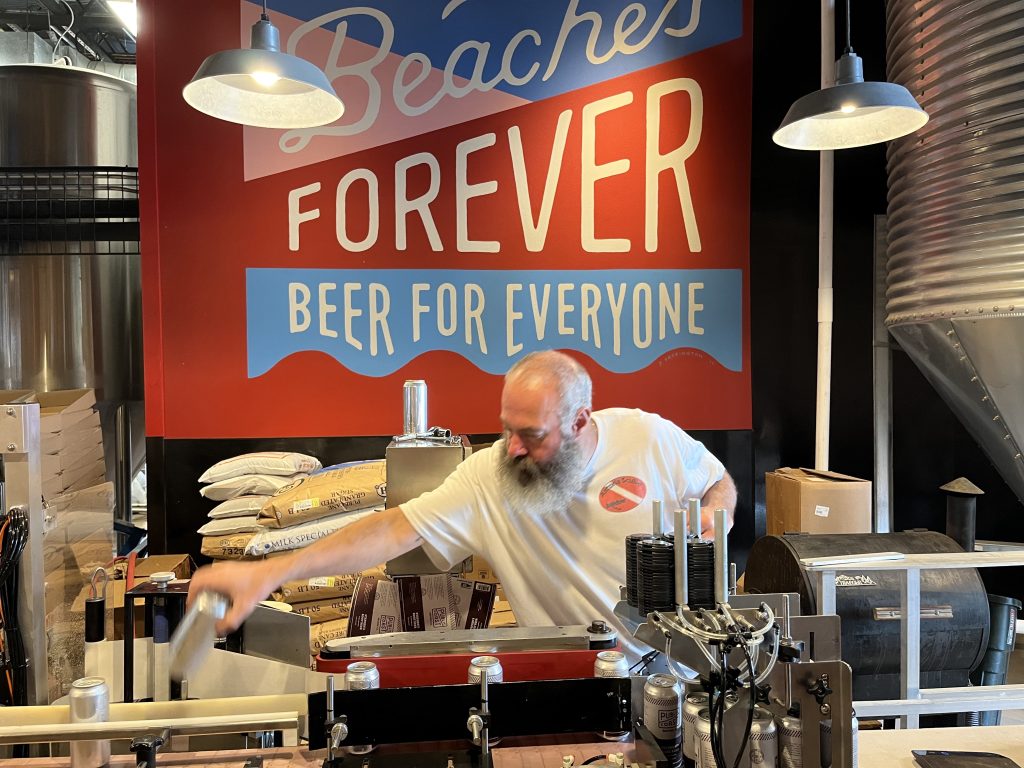
Q: Which beers do you like making the most?
A: The one I’m working on. I like the whole process. I like thinking about it ahead of time – what my flavor profile is going to be, how to get to that point and do it.
We make so much Coastal Haze [IPA], but I enjoy it. I enjoy hitting the same gravity all the time. The consistency part of it.
Q: Public Coast has long offered a root beer. Now you’re expanding your non-alcoholic options.
A: Yeah. I can’t believe how much root beer we sell. I can’t make enough. We started making a cream soda and it’s right behind it. We’ll do a hop water. We’re starting to do a hop tea. Why complain about N/A when you can embrace it? Obviously, it’s selling.
I never thought we’d have scheduled soda releases, but I have three for this year. That just tells you where it’s at.
Q: But you’re still making the same amount of beer?
A: Oh yeah. Believe me, we put in 30s [30-barrel fermenters] to keep up with demand. We sold more beer last year than we ever have.
Q: How cool is it to have a company-owned 40-acre farm at your disposal?
A: It’s our left arm. … They produce for us and the restaurants. Tons of blueberries, apples, fresh hops. If I say I need jasmine, they’ll grow me that. Lavender, rosemary, peppers … It’s kinda cool.
Q: What’s your sense of how the brewery is doing after eight years?
A: We’re hitting our stride. People don’t ask what Public Coast is now, they know what it is, which is nice. I think we’re known for our quality. Hopefully, anyway.
Q: What do you think of the general health of craft brewing? Are you at all worried about a downturn?
A: [Shrugs] Beer is beer. It’s survived for thousands of years. There are going to be ups and downs with it, but we’ll be fine.
It’s changing, we may have to make soda, but we’ll be fine.
